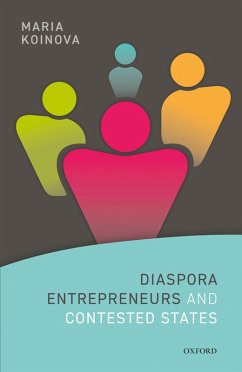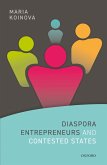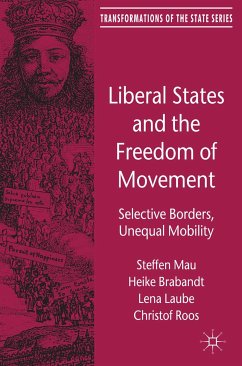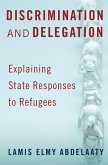Why do conflict-generated diasporas mobilize in contentious and non-contentious ways or use mixed strategies? This book develops a theory of socio-spatial positionality and its implications for the individual agency of diaspora entrepreneurs. A novel typology features four types of diaspora entrepreneurs?Broker, Local, Distant, and Reserved?depending on the relative strength of their socio-spatial linkages to host-land, original homeland, and other global locations. A two-level typological theory captures nine causal pathways unravelling how diaspora entrepreneurs operate in transnational social fields and interact with host-land foreign policies, homeland governments, parties, non-state actors, critical events, and limited global influences. Non-contention often occurs when diaspora entrepreneurs act autonomously and when host-state foreign policies converge with their goals. Dual-pronged contention is common under the influence of homeland governments, non-state actors, and political parties. The most contention occurs in response to violent events in the original homeland or adjacent to it fragile states. The book is informed by 300 interviews among the Albanian, Armenian, and Palestinian diasporas connected to de facto states, Kosovo, Nagorno-Karabakh, and Palestine respectively. Interviews were conducted in the UK, Germany, France, Netherlands, Sweden, Switzerland, Brussels in Belgium, as well as Kosovo and Armenia in the European neighbourhood.
Dieser Download kann aus rechtlichen Gründen nur mit Rechnungsadresse in A, B, BG, CY, CZ, D, DK, EW, E, FIN, F, GR, HR, H, IRL, I, LT, L, LR, M, NL, PL, P, R, S, SLO, SK ausgeliefert werden.









